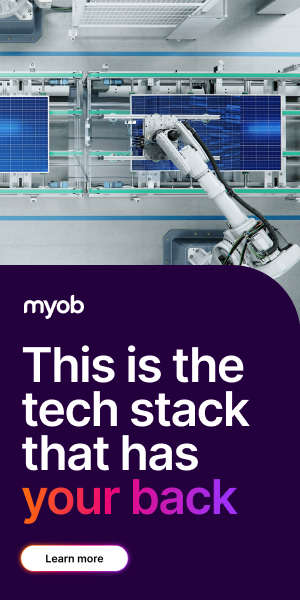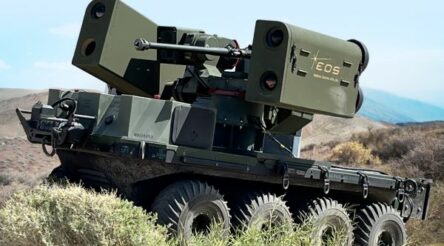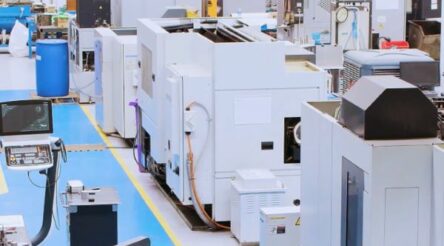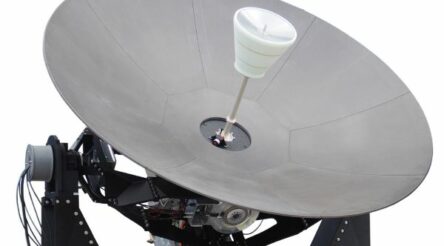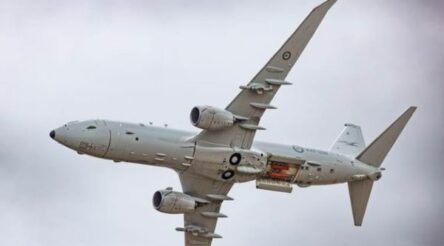137 officials on taskforce exploring nuclear sub options
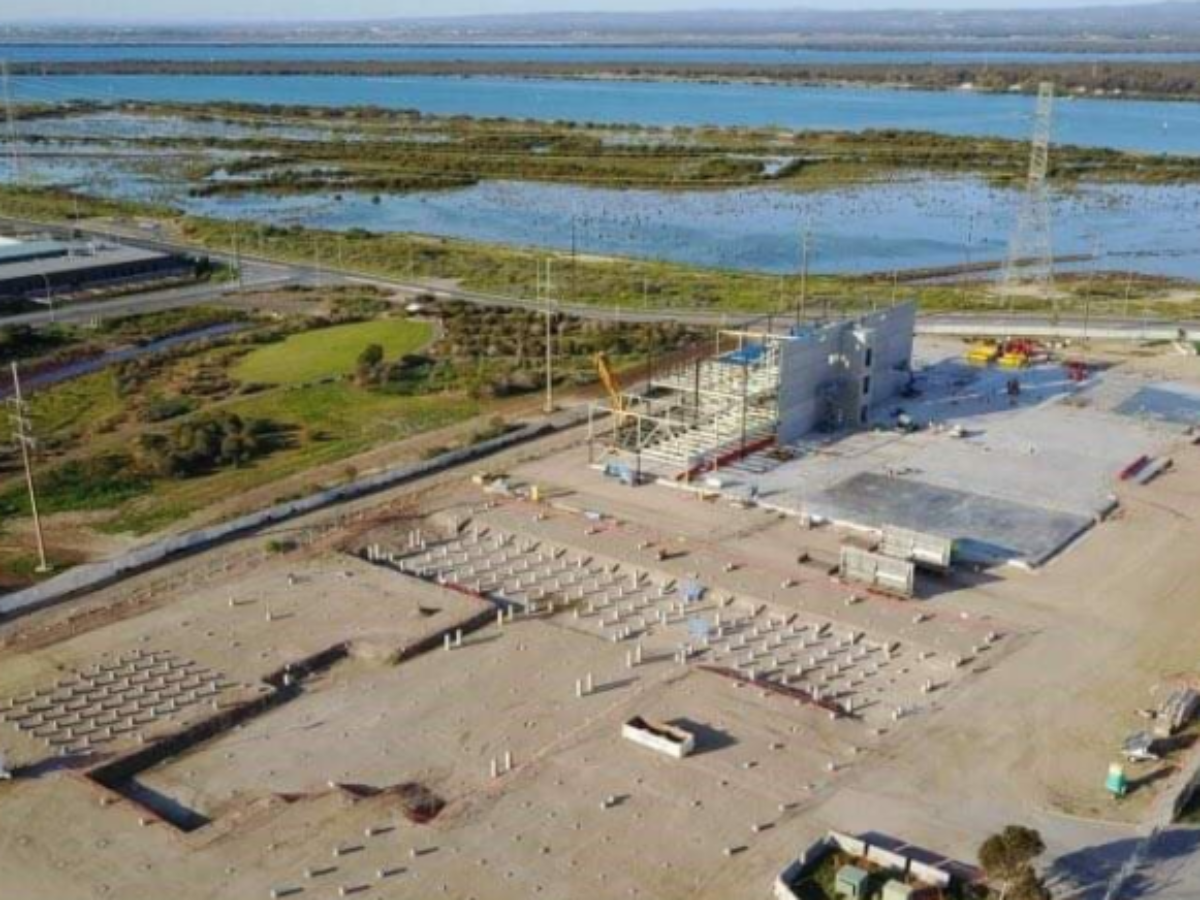
By Joseph Brookes
There are nearly 150 members on the federal government’s nuclear-powered submarines taskforce, including officials from a range of federal departments and 10 contractors who the defence department has declined to name, but no state government representatives.
The taskforce was established in September last year on the day the Prime Minister Scott Morrison announced a nuclear-powered submarine program would be the first major initiative of a new AUKUS security agreement.
Answers to Senate question on notice published on Friday revealed more details on the group which is spending 18 months scoping options for at least eight new nuclear-powered submarines.
Led by Vice Admiral Jonathan Mead, the Canberra based Nuclear-Powered Submarine Task Force had 137 members as of 10 December, including secondees from several government departments and private contractors, according to the response from defence minister Peter Dutton.
Prime Minister and Cabinet, DFAT, the Attorney General’s Department, Australia’s nuclear organisations ANSTO and ARPANSA, the Department of Education, Skills and Employment, and 10 unnamed contractors are all represented on the taskforce, which reports to the Secretary of Defence.
According to the minister’s response, the taskforce’s terms of reference are to work with the US and UK to “to identify the optimal pathway to deliver” at least eight nuclear-powered submarines.
“The trilateral effort will also examine the full suite of requirements that underpin nuclear stewardship: safety, design, construction, operation, maintenance, disposal, regulation, training, environmental protection, installations and infrastructure, and workforce,” Dutton said.
The taskforce does not appear to include representatives from the South Australian state government, where the boat building project is “intended” to be based.
Editor’s note: work has begun on a submarine construction yard at Osborne North in Adelaide (pictured), intended for construction of conventional powered vessels.
A spokesperson for the defence department said the taskforce “regularly engages with stakeholders in State governments and utilises the services of contracted personnel from a number of companies” but declined to name any of the companies.
According to Dutton’s response, the taskforce provides regular briefings to senior Defence and government officials.
The defence minister did not directly answer some of the questions, which came from government Senator James Patterson, including what the taskforce has delivered and to who, saying only that it is “still active”.
The response suggests a possible misunderstanding of the question which referred the minister to Senate Estimates hearings in October when defence officials spoke of an earlier inter-departmental group assessing the feasibility of switching to a nuclear submarine program.
In May 2020 the Prime Minister instructed the Department of Defence to examine the feasibility of acquiring the nuclear-powered submarines, and received a briefing on the outcomes – including it being possible – around six months later on December 18.
But a public announcement on the plan to establish a nuclear-powered fleet and scrap an existing $90 billion diesel powered submarine program was not made until September last year.
The government’s ultimate decision to scupper an existing $90 billion submarine project in favour of a nuclear powered fleet has caused diplomatic tensions, including French president Emanuel Macron accusing Mr Morrison of lying to him about the change.
Manufacturers and scientists have welcomed the switch, however, based on the government’s stated intention to build the boats locally.
This story first appeared in InnovationAus
Picture: Work underway at Osborne submarine construction yard
Subscribe to our free @AuManufacturing newsletter here.
Topics Analysis and Commentary Defence
@aumanufacturing Sections
Analysis and Commentary Awards Defence Manufacturing News Podcast Technology Videos






